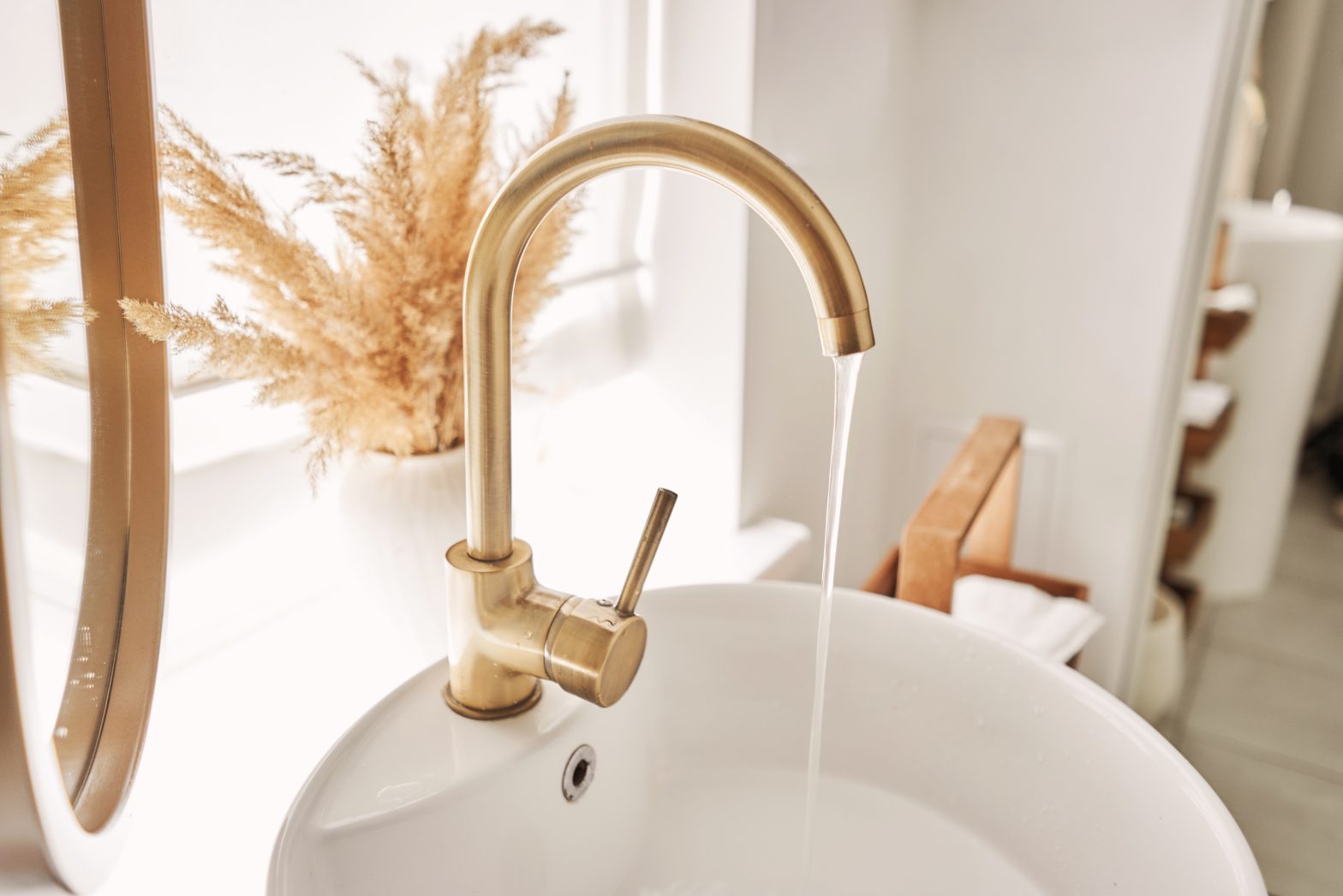Unpleasant odors coming from bathroom faucets can signal deeper plumbing issues that require more than just a surface clean. Local residential faucet repair services frequently address these complaints, especially when foul smells persist despite regular cleaning. These odors often indicate bacterial activity, drain buildup, or more complex water system issues that originate within the pipes or fixtures.
Common Causes of Foul Faucet Odors
The most frequent source of faucet smells involves bacterial buildup. When water stagnates inside pipes or aerators, bacteria begin to multiply. These organisms release gases like hydrogen sulfide, creating a strong sulphur or “rotten egg” scent. In residential bathrooms, this issue tends to build up unnoticed over time.
Clogged drains also contribute to unwanted smells. Soap scum, hair, and other debris trap moisture and create an environment that allows mildew and bacteria to thrive. These clogs may not entirely obstruct the flow, but the slow drainage contributes to lingering smells near the faucet base.
Sometimes, the issue stems from decaying organic matter trapped within the drain or in the P-trap. When warm water runs, odors are released into the air. Bathroom faucet repair solutions frequently involve clearing these hidden blockages.
Cleaning Faucet Aerators and Drains
Removing and cleaning faucet aerators provides a straightforward fix when odors arise from the faucet itself. Mineral buildup traps organic particles that contribute to bacterial growth. Unscrewing the aerator and keeping it in a vinegar solution for several hours helps dissolve these deposits.
Drains should also be cleaned thoroughly. Flushing boiling water, along with baking soda and vinegar, helps wash out organic matter and reduce the smell. In more severe cases, professional drain snaking may be necessary to remove deeper obstructions that DIY methods overlook.
Addressing these components through routine cleaning can improve the overall function of the faucet. However, persistent odors after cleaning suggest issues that lie beyond the surface, often within the plumbing infrastructure.
Bacterial Growth Inside Pipes
Warm, dark, and moist environments allow bacteria to colonize interior pipe walls. Stagnant water, irregular usage, or poor pipe gradients all encourage this type of growth. The resulting odors affect both bathroom and kitchen faucet repair scenarios.
Home plumbing systems that experience inconsistent flow—such as guest bathrooms or seasonal properties—tend to experience this issue more frequently. The smell may worsen when hot water runs, as heat activates the gases trapped within biofilm-lined pipes.
A professional assessment of pipe interiors, using a camera scope or water sample testing, identifies bacterial presence. In some cases, plumbers may recommend flushing the system with disinfecting agents or replacing outdated sections of pipe.
Water Heater and Odor Correlation
Another common but overlooked source of faucet odor is the water heater. Sediment and bacteria build up inside older tanks, especially when the anode rod becomes depleted. This leads to sulphur-smelling hot water, which becomes especially noticeable when running bathroom taps.
If odors only occur with hot water, the water heater requires inspection. Replacing the anode rod, draining sediment from the tank, or adjusting temperature settings may resolve the issue. Consistent flushing of the heater, once or twice a year, prevents these buildups from recurring.
Kitchen faucet repair services also examine hot water lines to detect whether smells originate upstream or from fixture-level issues.
Professional Repairs Offer Long-Term Solutions
While regular cleaning helps in the short term, persistent odors usually require a more thorough examination of the plumbing system. Bathroom faucet repair services not only replace faulty parts but also inspect venting, drainage slope, and the integrity of the water heater.
Trapped sewer gases, dry P-traps, or poorly sealed connections can create odors even after visible dirt is removed. Plumbers use smoke tests or pressure diagnostics to locate leaks that allow air to escape.
These findings help guide effective repairs that stop smells from returning.
In some cases, the faucet may need to be replaced. Older fixtures trap more bacteria due to internal corrosion or hard-to-clean crevices. Upgrading to a newer faucet with a streamlined interior design reduces bacterial retention and allows for easier cleaning in the future.
Connect with J.A. Plumbing Inc. for Expert Plumbing Services
Persistent odors from bathroom or kitchen faucets are more than a nuisance-they can signal hidden issues with drains, water heaters, or the pipes themselves. Ignoring these smells allows bacteria to accumulate and water quality to deteriorate. Regular cleaning helps, but professional solutions provide more consistent results.
Contact J.A. Plumbing Inc. today for local residential faucet repair that addresses the root causes of odor, not just the symptoms. Eliminate recurring issues and restore peace of mind with expert faucet repair services tailored to each plumbing system.









